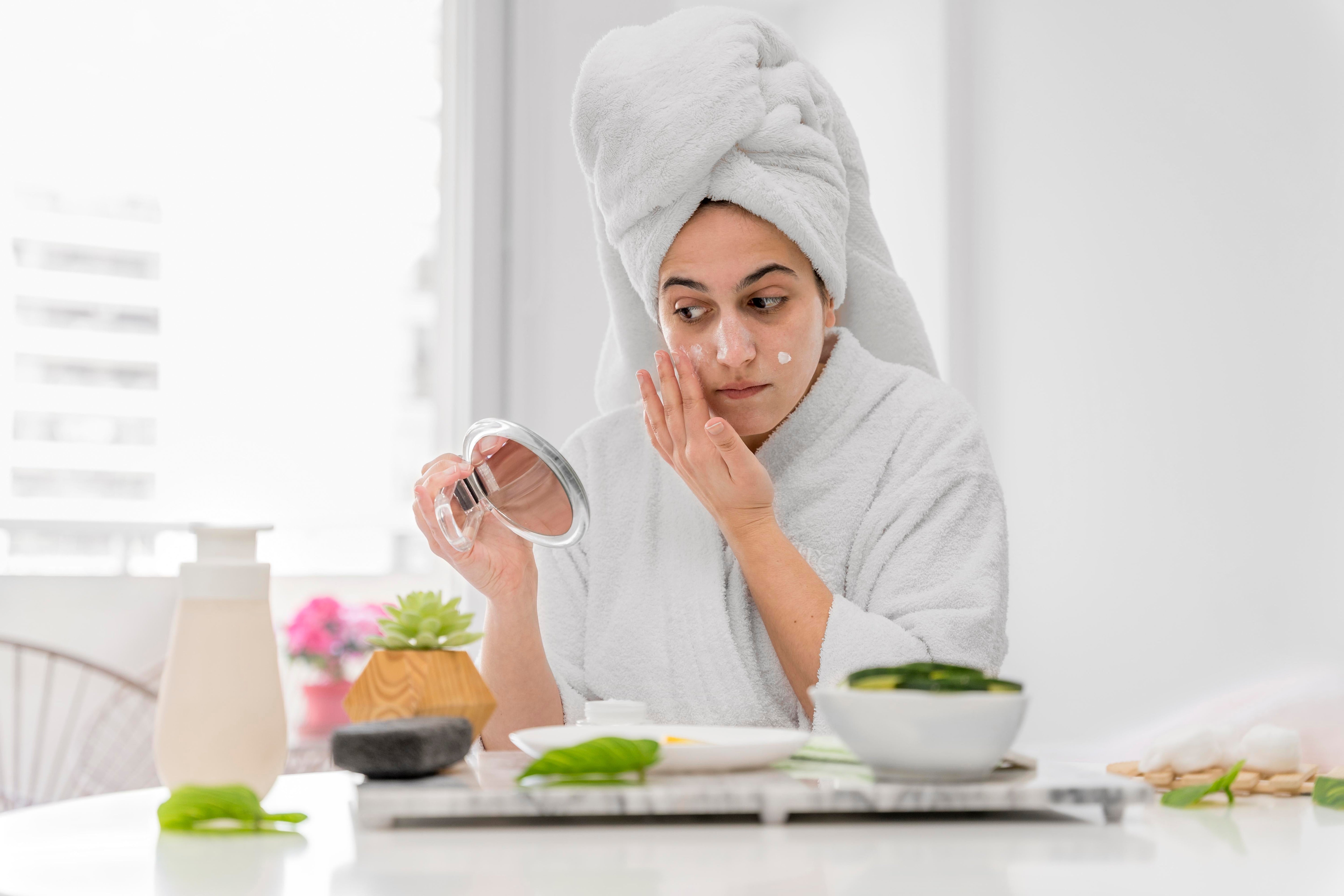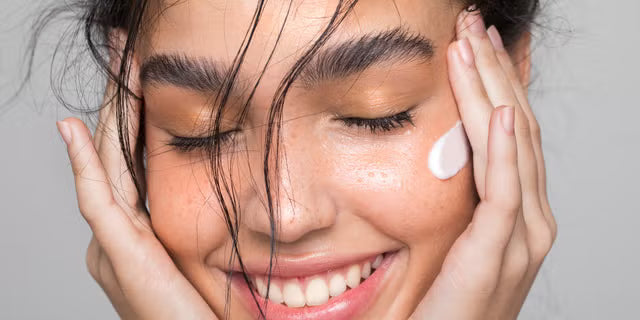
How to Use Moisturizers for a Non-Greasy, Hydrated Glow
How to Use Moisturizers for a Non-Greasy, Hydrated Glow - Nowadays, achieving radiant and healthy skin without an oily or greasy aftermath has become a dream for many individuals. However, with the right moisturizer and the right way to use it, you can significantly improve overall skin health. If you want to understand more about how to use moisturizers for a non-greasy, hydrated glow, don’t worry! Here we will provide you with everything you need to know about the right moisturizer, how to use it, key ingredients that you should look for, and more.
Why Moisturizing Is Essential for All Skin Types
All skin types need to apply a moisturizer because moisturizing can help to strengthen the skin barriers, maintain skin hydration, and protect against several environmental factors. If you have oily skin, moisturizing can help prevent or reduce breakouts and regulate oil production. Numerous key benefits of moisturizing include:
-
Hydration: Using moisturizers can help to retain moisture and replenish the skin, preventing dryness and flakiness.
-
Improved Skin Texture: Moisturizing provides smoother and softer skin and significantly reduces the appearance of wrinkles and fine lines.
-
Reduced Irritation: It soothes irritated skin and heals conditions such as eczema.
-
Skin Barrier Support: Moisturizers help to protect against environmental factors such as UV rays, pollution, etc., and prevent moisture loss.
-
Anti-aging effects: with proper hydration, skin elasticity and firmness can be maintained, and fine lines are reduced.
- Acne prevention: Moisturizers help to regulate oil production and prevent breakouts, ideal for oily skin.
What ingredients should I look for in a non-greasy moisturizer?
When choosing an effective moisturizer for your specific skin type, it is crucial to look for certain ingredients that are well-known for their hydrating properties and offer hydration without adding excess oil. Some of the key ingredients include the following:
Hyaluronic acid: It is a hydrating ingredient that attracts and holds moisture from the air and keeps the skin hydrated.
Niacinamide: It is a form of vitamin B3 that can improve the overall appearance of the skin and regulate oil production.
Salicylic acid: Salicylic acid is known as a gentle exfoliant that reduces oiliness and unclogs pores.
Aloe vera: With its hydrating and soothing properties, it is beneficial for acne-prone and oily skin types.
Glycerin: Glycerin is a key ingredient that provides hydration to the skin by drawing moisture from the air.
Ceramides: Ceramides are used to retain moisture and strengthen the skin barriers.
How to Choose the Right Moisturizer According to Your Skin Type
Selecting the right moisturizer is crucial. Here are some common tips that you should consider when choosing the right moisturizer for your skin type:
-
Oily Skin: You should opt for an oil-free, gel-based, and lightweight moisturizer that contains quality ingredients such as hyaluronic acid and niacinamide.
-
Combination Skin: You should look for a lightweight lotion that balances hydration without clogging pores.
-
Sensitive Skin: Opt for a fragrance-free moisturizer with soothing ingredients such as aloe vera.
- Dry Skin: Look for a cream-based moisturizer containing ingredients including ceramides.

How to Use Moisturizers for a Non-Greasy, Hydrated Glow
Here are the proper steps to apply moisturizer to maximize your glow:
- Firstly, start with a gentle cleanser to cleanse your face and remove dirt
- To prep your skin and enhance hydration, apply a toner
- Use a pea-sized amount of moisturizer
- Gently press the moisturizer into your skin
- Lastly, before layering other products such as makeup or sunscreen, let the moisturizer fully absorb into the skin.
Common Mistakes to Avoid
Here are some of the common mistakes that you should avoid:
- Avoid using too much product that can clog pores and make your skin look greasy
- Avoid layering the products too quickly, as it can block absorption
- Always use an SPF sunscreen after applying a moisturizer for UV protection
- If you skip moisturizing your skin after cleansing, it may result in stripping away the natural oils.
- For dry skin types, apply moisturizer when the skin is slightly damp for better moisture retention.
Conclusion
To sum up everything that has been stated so far, the above-mentioned details on how to use moisturizers for a non-greasy, hydrated glow. Choosing the right moisturizer according to your skin type is crucial for achieving healthy and glowing skin, as well as treating several skin concerns, including fine lines, wrinkles, breakouts, etc.
FAQs on How to Use Moisturizers for a Non-Greasy, Hydrated Glow
Question 1. Can you skip moisturizer if you have oily skin?
Answer. No, you should use moisturizer even if you have oily skin because it can cause your skin to produce more oil. You should opt for a lightweight, oil-free moisturizer if you have oily skin.
Question 2. When should I apply moisturizer—morning or night?
Answer. You should apply moisturizer both morning and night. In the morning, use a lightweight moisturizer with SPF, and at night, use a more nourishing moisturizer to hydrate and repair skin while sleeping.
Question 3. How much moisturizer should I use?
Answer. It is recommended to use a pea-sized amount of moisturizer, which is enough for the face because using too much can result in greasiness.
Question 4. Is there a difference between face moisturizers and body lotions?
Answer. The major difference between face moisturizers and body lotions is that face moisturizers are formulated specifically for delicate skin, such as your face, while body lotions are heavier and less suitable for facial use.








